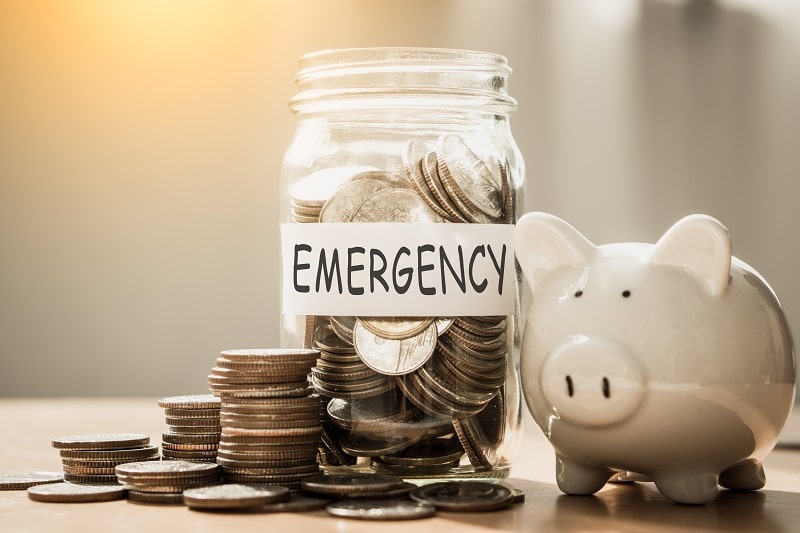-

How Rising Interest Rates Can Benefit Your Budget
By
on
Rising interest rates are making it more difficult to borrow money. With a mortgage and other types of loans becoming more expensive, consumers need to stretch their dollars and learn ways to adjust to the changing economy. But rising rates can also help consumers achieve their debt-free goals sooner. By using rising rates to their advantage, it may be possible to reach those budget and financial goals sooner.
-

Is It Too Late To Start An Emergency Fund?
By
on
An emergency fund is needed when life’s unexpected mishaps occur. Don’t let yourself fall deeper into debt. It’s not too late to initiate an emergency fund and grow it to meet your needs. Start taking the steps to save money and yourself from future strife.
-

Have Yourself A Very Merry Debt Free Christmas With These Four Steps
By
on
Don’t let this holiday season take you off track from your financial goals. With the talk of an upcoming recession taking hold in all financial sectors, it’s easy to become anxious about your future. Take these steps to help you stay on top of this shopping season and continue to meet your debt-free goals. Don’t forget to reach out to your financial advisor or debt consolidation company if you need guidance.
-

How To Say Bah Humbug To Debt and Have A Happy Holiday
By
on
Topics: Money SavingConsumers begin to fall through the cracks of delinquency? Create a budget and make a plan to make sure this holiday season is a happy one and say Bah Humbug to financial debt.
-

Which Debts Can Benefit From Debt Settlement Relief?
By
on
Topics: Debt ReliefWith expenses and interest rates rising at a rapid pace, debt can quickly accrue. Finding ways to reduce your debt is the goal. One of these options is debt settlement relief. This article explores the most common types of debt that can justify using debt relief options and bring about debt resolution.
-

Still Keeping All Your Money In One Account? Don’t Bank On It!
By
on
Today’s ability to compare banks, whether brick and mortar or virtual, allows the consumer to better take advantage of incentives and bonuses being offered. By utilizing these advances you can now move your funds into multiple savings accounts and avoid placing “all your eggs in one basket.” This allows the consumer to better manage savings goals, control spending, and avoid unnecessary banking fees to help them reach financial goals more quickly.
-

Climbing Interest Rates Will Raise Your Rent, Here’s What You Can Do!
By
on
Topics: Money SavingDon’t let future rent increases derail your budget. Now is the time to prepare for those possible upcoming changes.
-

How To Establish an Emergency Fund and Stay Out of Debt
By
on
Topics: Money SavingBy starting with small steps and goals, you can quickly find yourself putting together a fund to get you through those tough times. Take the steps to prepare yourself and avoid building up debt.
-

Debt Settlement 101: How Does It Work?
By
on
Topics: Debt SettlementHave you ever found yourself in a financial rut and can’t seem to figure out how to get yourself out of it? One option to consider is a debt settlement. Read on to learn more about this debt relief option.
-

What is a point-of-sale loan?
By
on
Topics: LoansFor many consumers, credit cards are used to cover purchases when the consumer does not have the cash available or needs to pay off larger purchases over time. However, another option for delayed payment once available are point-of-sale loans.
Get Out of Debt

Easy Process, Fast Approvals

Bad Credit OK

1 Low Monthly Payment
